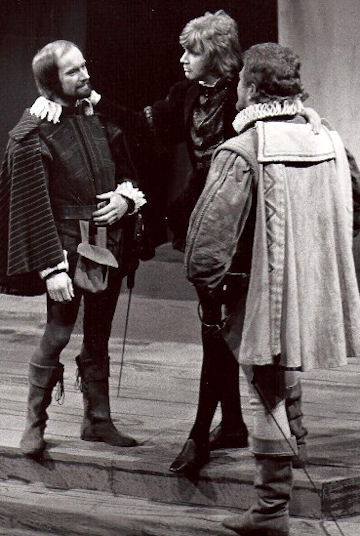Cast:
Alfred Anderson, Michael Bridgeman, Alan Chisholm, Elizabeth Chisholm, Nevile Cruttenden, Cathy Fraser, Richard Gaunt, David Gower, Christopher H. Lee, John Holloway, Richard Lewis, Duncan Livingstone, Wyllie Longmore, Gavin McQueen, Rosemary Parry Jones, Paul Philpott, Kenneth Ratcliffe, Philip Remington, Brian Rich, Ruth Tremayne-Smith, Grant Wright
Production Team:
Mary Anderson, David Anning, Derek Arnold, John Barber, John Boyce, John Clayton, Maud Culhane, Jean Derby, Geoff Dobson, Freddie Edwards, Christopher H. Lee, Bob Harris, Graeme Holford, Jenny Jay, Jane Longbottom, Wyllie Longmore, Bill McLaughlin, Andrew Muir, Eleanor Panayi, Peter Phillips, Steve Shedlock, Leslie Smith, Sue Sotheran, Bob Stock, David Waterhouse, Janet Woolbar
|

